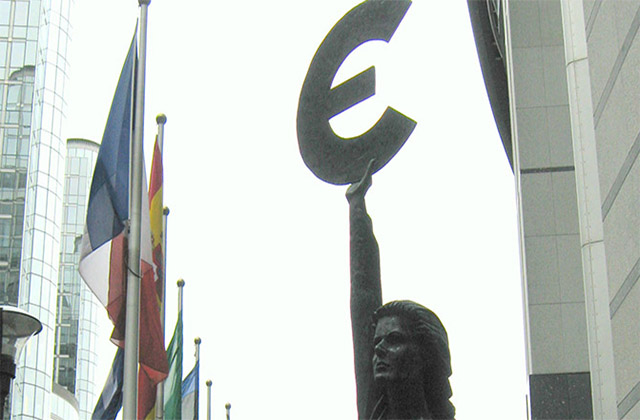Ulrike Kastens (DWS) | Eurozone inflation fell surprisingly in November. The increase in the cost of living was only 2.4%, down from 2.9% in October, its lowest reading since July 2021, according to Eurostat’s flash estimate. Across Europe, falling oil prices and easing gas and electricity prices had a notable impact. The energy price component fell by 11.5%. Food prices, on the other hand, hardly eased the situation. In this case, the rise in prices only slowed from 7.4% in October to 6.9% in November, which is too little for consumers to really notice in their daily purchases.
For the European Central Bank, however, the underlying index is particularly important at the moment, as it provides an indication of the underlying trend in prices. In November, the core index rose by only 3.6% (October: 4.2%) and, more importantly, experienced a sharp month-on-month decline, mainly due to the slowdown in the prices of consumer durables. Consumer durables rose by only 2.9 per cent (October: 3.5 per cent). Services prices also fell, but at a much slower pace.
Even if we expect a jump above the 3% mark in December due to base effects, today’s figures will probably have been greeted with relief by the ECB. It is too early to declare victory on inflation. Wage increases are still too strong. Nevertheless, inflation rates could return to the ECB’s 2% target in 2024, at least temporarily.





